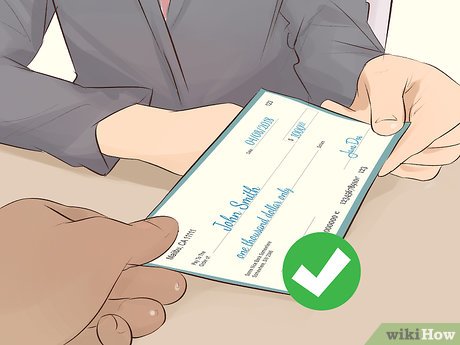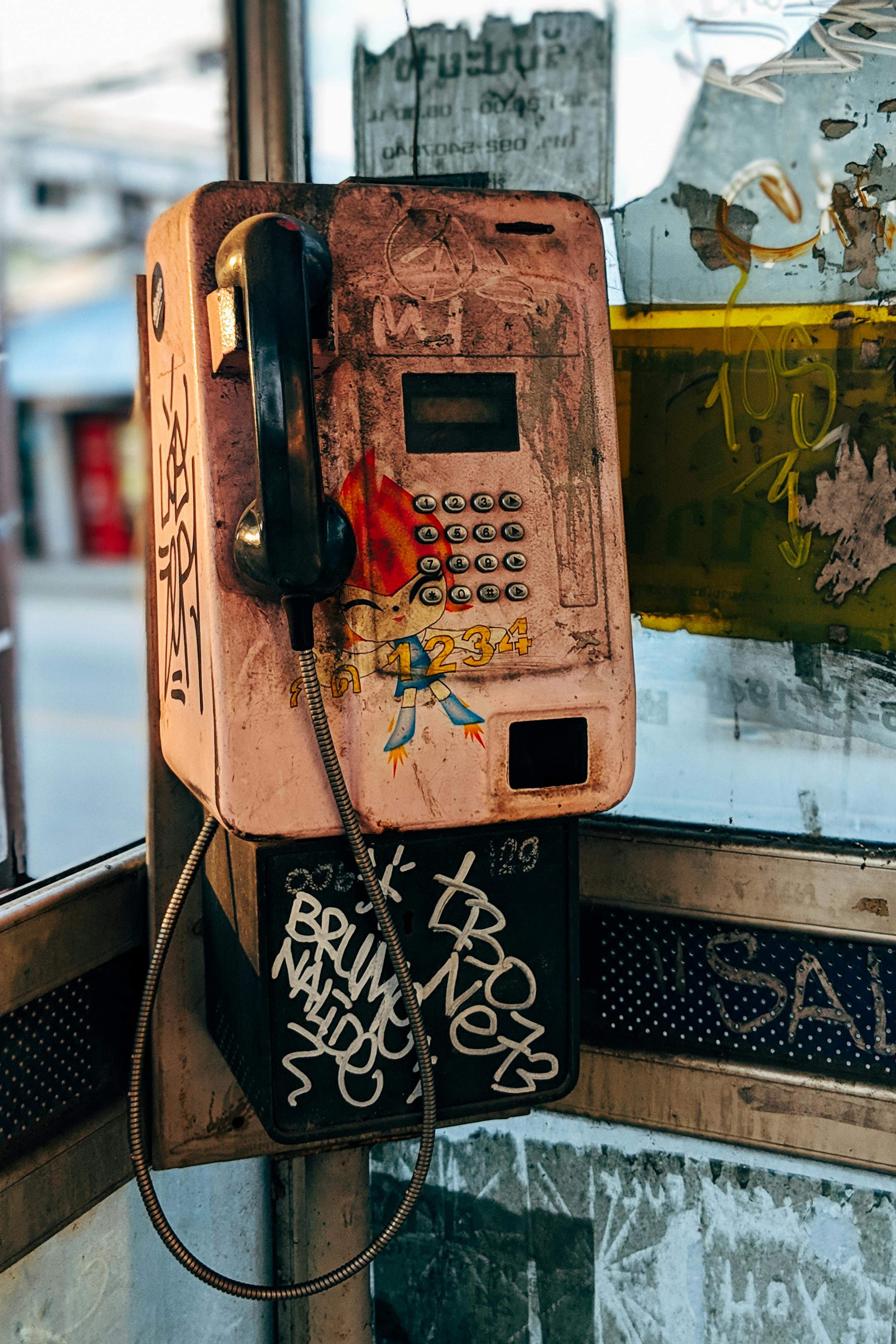
Apply Now


Effective Ways to Naturally Lighten Hair in 2025
Understanding Natural Hair Lightening
Natural hair lightening is an appealing option for those seeking a softer, sun-kissed look without the harsh chemicals found in traditional hair dyes. As the trend toward organic and natural beauty products continues to grow, many individuals are exploring homemade hair lighteners that rely on ingredients readily available in their kitchens or gardens. Lightening hair naturally not only enhances your natural hair color but also fosters healthier hair with less risk of damage. One of the most significant benefits of using natural methods is that they often contain nourishing properties that help improve overall hair health. For example, ingredients like honey and coconut oil not only lighten hair but also provide hydration and nourishment. Moreover, many natural lightening techniques cater to various hair types and textures, ensuring that everyone can find a method that works for them. Understanding the science behind lightening hair naturally is crucial for achieving the best results. Different natural lightening methods can have varied effects depending on hair color, texture, and thickness. Therefore, it is essential to choose a technique that aligns with your hair goals. This article will explore several effective methods and provide insights into achieving beautiful, naturally lightened hair in 2025.Exploring Homemade Hair Lighteners
Homemade hair lighteners are a fantastic solution for those looking to brighten their locks without chemical interference. Many effective DIY hair treatments incorporate common kitchen ingredients that have natural lightening properties. Some popular homemade lightening products include lemon juice, honey, and vinegar. Each of these ingredients can be tailored to create a unique treatment suitable for your hair type. Lemon juice is known for its citric acid content, making it an excellent choice for natural lightening. When applied and exposed to sunlight, it can gradually lighten hair color, giving you a bright and vibrant look. Honey serves as a natural humectant, meaning it locks in moisture while also acting as a lightening agent. A honey hair mask can enhance the brightness of your hair while providing nourishment. Similarly, vinegar, particularly apple cider vinegar, is a great balancing agent that can help enhance sheen when used in a rinse. Another popular option is a chamomile tea rinse, which not only lightens blonde hair beautifully but also adds shine and vibrancy. Whether you are looking to achieve full lightening or just enhance your natural highlights, homemade solutions provide versatility and convenience.The Power of Lemon Juice for Hair
Lemon juice is one of the most popular natural hair lighteners available today, celebrated for its brightening effects and easy application. To use lemon juice effectively, simply dilute it with water to prevent excessive dryness. Combine 1 part lemon juice with 2 parts water and apply it to clean, damp hair. For optimal results, let your hair dry in the sun, as the natural UV rays work alongside the citric acid to amplify the lightening effect. However, precaution is essential when using lemon juice for hair. It is recommended to balance out the hair’s pH after the treatment, as the acidity can leave hair feeling dry. Following the lightening process with a moisturizing conditioner or an olive oil treatment can help restore moisture balance. To prevent potential damage, start with just a small amount of lemon juice to see how your hair reacts. Gradual lightening is the key, and you can repeat this treatment weekly until you reach your desired shade. This method is not only effective but also complements your existing hair care routine.Chamomile Hair Rinse for Subtle Highlights
Championed for its soothing properties and beautiful lightening effect, chamomile tea is a fantastic choice for enhancing blonde and light brown hair. To prepare a chamomile hair rinse, steep a few bags of chamomile tea in boiling water and let it cool. After shampooing, pour the chamomile tea over your hair, allowing it to sit for a few minutes before rinsing it out. This gentle method creates subtle highlights over time, making it perfect for those who prefer gradual changes. For anyone interested in achieving a sun-kissed look, consider combining chamomile with sunlight exposure. The warmth enhances the tea's natural lightening ability, resulting in soft, glowing hair without the harshness of chemical treatments. Implementing a chamomile hair rinse into your weekly routine not only lightens your hair but also promotes scalp health, providing vitamins and antioxidants crucial for hair vitality. This method is gentle enough for regular use, allowing you to maintain illumination without compromising hair health.The Nourishing Benefits of Honey and Vinegar
In the realm of natural hair lighteners, honey stands out not only for its lightening effects but also for its remarkable nourishing qualities. Honey contains small amounts of hydrogen peroxide, which can contribute to lightening hair color naturally. When creating a honey hair mask, combine it with warm water or a few drops of essential oils for added benefits. Applying this mixture generously throughout your hair can help lighten and hydrate simultaneously, delivering a two-in-one treatment. On the other hand, vinegar, particularly apple cider vinegar, is a well-known remedy for enhancing shine and managing hair health. Its acidity helps to smoothen the hair cuticle, resulting in shinier, softer hair while also lightening the color when mixed with other natural ingredients. Mixing apple cider vinegar with water and using it as a final hair rinse can catch sunlight and reflect a brighter, vibrant color. To maximize these treatments, consider alternating between honey and vinegar applications throughout the week. This approach ensures optimal nourishing and lightening results with plenty of protective care.Using Sunlight to Enhance Natural Highlights
Exposing hair to the sun is a classic and time-honored method for lightening hair naturally. The UV rays work with natural hair melanin, prompting a gradual lightening effect. For anyone looking to enhance their natural highlights, spending time outdoors can significantly amplify results achieved through homemade lighteners. Combining sun exposure with lemon juice or chamomile rinse can create a powerful lightening duo. However, it's important to practice safe sun habits by using heat protectants and keeping hair moisturized to prevent damage. Opt for lightweight protective hairstyles and finish with a nourishing leave-in conditioner after sun exposure. Additionally, data shows that UV exposure can temporarily lighten hair. It's important to balance this with consistent hydration, using products that promote moisture retention. Maintaining healthy hair while naturally lightening it can significantly contribute to achieving vibrant results.Gradual Lightening Techniques and Tips
Having understood various natural hair lightening methods, it is equally important to explore effective techniques for gradual lightening. Gradual hair lightening involves slowly enhancing your shade over time, resulting in a more natural and healthy appearance. Conventional hair dyes can produce immediate results but often lead to damage. Gradual techniques allow the use of natural ingredients to achieve the desired look painlessly.How to Lighten Hair with Honey and Olive Oil
Combining honey with olive oil creates a smooth, nourishing hair mask that not only assists in lightening hair but also intensely moisturizes. To create this treatment, mix equal parts of honey and olive oil, applying it evenly throughout damp hair. Leave it on for at least 30 minutes, then rinse thoroughly. This combination creates a rich treatment that prevents hair dryness while lightening. Using this mask once a week can gradually lighten hair while maintaining strength and preventing breakage. The moisturizing properties of olive oil ensure the hair remains shiny and manageable.Incorporating Coconut Oil for Lightening
Coconut oil can play an essential role in your hair lightening journey. It is not only a powerful natural moisturizer but also a gentle lightening agent when combined with lemon juice or other lightening products. Apply a homemade coconut oil hair treatment before any sun exposure or lightening session. Additionally, coconut oil helps combat any potential dryness caused by lightening. It works to restore hair’s natural texture while providing essential nutrients.Safe Hair Lightening Practices
Practicing safety in your hair lightening endeavors is crucial. Always perform a patch test before applying any product to observe potential allergic reactions. It’s also wise to consult with a professional if you are unsure about which methods suit your hair type and color. In addition to regular moisturizing treatments, protect your hair from excessive heat and environmental damage. Using heat protectant sprays and avoiding high-heat styling tools can limit potential damage. Balancing lightening practice with comprehensive hair care routines will keep your strands healthy and vibrant.Exploring Other Natural Lightening Methods
There are numerous natural lightening methods that you can incorporate into your hair routine besides the popular lemon juice or honey. Discovering alternative options will enrich your hair care repertoire and provide greater flexibility.Turmeric for Hair Lightening
Turmeric, renowned for its numerous health benefits, is also recognized for its ability to lighten hair naturally. Mixing turmeric powder with yogurt creates a power-packed paste that lightens hair while providing moisturizing benefits. Apply this mixture to your hair and leave it for around 30 minutes before washing it out. By regularly using a turmeric mixture, you can achieve a gradual lightening effect while benefiting from its anti-inflammatory properties. Incorporating this method into your routine will support overall hair health.Lightening Hair with Baking Soda
Baking soda is an accessible household item that has gained popularity as an effective lightening agent. It has natural bleaching properties and works well when mixed with water, forming a paste. Apply this paste directly to the strands you wish to lighten and leave it on for about 30 minutes before rinsing. While baking soda is effective, it can be drying. Therefore, follow up with a moisturizing treatment to restore balance. Regular usage, combined with a good hair care regimen, assures gradual lightening without compromising hair integrity.Dark Hair Lightening with Ginger
Using ginger for hair lightening is another natural technique with a gentle approach. Ginger contains enzymes that can lighten hair, particularly when combined with a conditioning treatment. To use ginger, blend fresh ginger root with water to create a juice and apply it to your hair, leaving the treatment for one to two hours before rinsing. Consistent use of ginger can result in subtle lightening, and its health benefits promote hair growth and strength. This herb acts as a gentle lightener without the risks associated with more potent chemical alternatives, making it suitable for those looking for a natural solution.
Experimenting with Essential Oils
Essential oils have gained popularity for their versatile uses in hair care, including lightening properties. Oils such as chamomile, rosemary, and lavender can be mixed with a carrier oil such as coconut or jojoba oil to enhance lightening effects. Using a small amount of essential oil in your hair treatment can provide lightening benefits along with inviting fragrances. To use essential oils effectively, always dilute them properly with a carrier oil before applying. This technique not only supports lightening but also allows you to experience nourishing benefits from the oils. With this approach, you can regularly enhance your hair color while adding aromatic pleasure to your hair care routine.Adjusting Your Hair Care After Lightening
Maintaining healthy hair post-lightening is crucial to prolonging results and preventing damage. While integrated natural lightening methods significantly reduce the risk of harm, adjusting your hair care routine can further nurture the results.Hydration for Lightened Hair
Hydration is fundamental for healthy post-lightened hair. After lightening, be sure to include deep conditioning treatments in your routine. Look for moisture-rich conditioners that contain natural oils and nourishing ingredients to help restore balance and shine. These products will assist in maintaining smooth texture and vibrant results with every wash. Additionally, consider incorporating hydrating ingredients like aloe vera or coconut milk into your regular hair treatments. These remedies help reduce dryness, balance moisture levels, and protect against environmental stressors.Monthly Maintenance for Color-Treated Hair
For those who have lightened their hair, regular maintenance appointments are essential. Schedule monthly trims to manage split ends, promoting growth and optimal health. Also, utilize color-enhancing shampoos and conditioners designed specifically for lightened hair while ensuring that they are sulfate-free to preserve moisture and color. An essential tip is to limit heat styling on lightened hair and rely on protective hairstyles to reduce stress on your strands. This practice prevents breakage and ensures that your lightened hair looks radiant and healthy.Q&A: Common Questions about Natural Hair Lightening
1. How can I lighten hair naturally without damage?
Use gentle methods such as honey, lemon juice, or chamomile. Also, keep up with moisturizing treatments to combat possible dryness.2. What are the best natural lightening agents for darker hair?
Integrate ingredients like baking soda, turmeric, or ginger, which all provide effective natural lightening without harming the hair.3. How often should I use lightening methods?
Aim to apply natural lightening treatments once a week to see gradual results while giving your hair ample time to recover.4. Can I use multiple methods at once?
Yes, integrating various natural methods can enhance your results, but ensure proper hydration to avoid dryness.5. Should I consult a professional before starting a natural lightening routine?
It's advisable to consult with a stylist to discuss your goals and hair health before committing to a new routine to ensure optimal results.